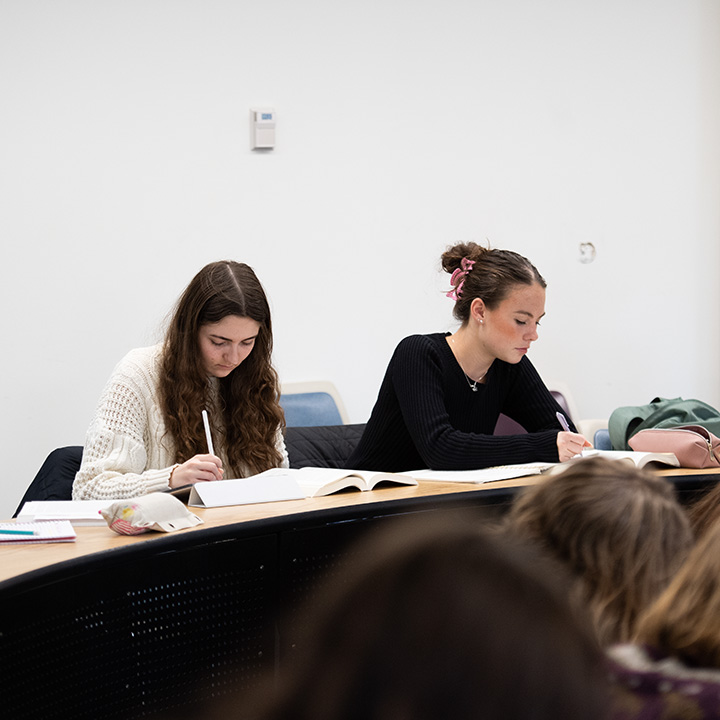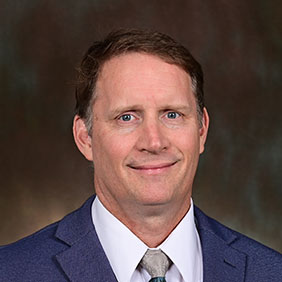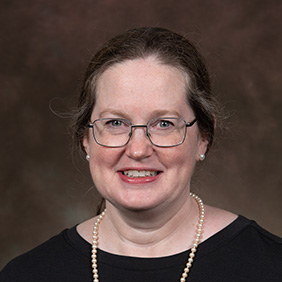About the BA in Linguistics Degree
Why Study Linguistics at Cedarville?
Linguistics, the science of language, is the third pillar of modern language studies, standing alongside languages and literature. In Cedarville's linguistics program, you'll explore all aspects of human language through comprehensive study. Depending on your unique career goals, you'll choose one of the following concentrations: biblical languages, cultural studies, education and psychology, English and writing, global engagement, modern languages, pre-speech therapy, or TESOL.
At Cedarville, you will study linguistics through both theoretical and practical coursework, preparing you for a vocation related to language and culture — whether that's in civil service, international business, or missions (including language learning, Bible translation, and literacy). You'll graduate not only with a linguistics degree, but also with the skills needed to be successful and reflect Christ through your life and career.
Request Info VisitWhat Sets Cedarville Apart?
-
Biblical Worldview
The Bible is the authority for research and study in every class you'll take. -
Mentoring Christian Faculty
You'll be taught by highly-credentialed professors who want you to succeed. -
Top Placement Rates
Our graduates achieve top career and grad school placement rates — 10% above the national average.
Program Overview
Program Format and Related Programs
Cedarville offers graduate and undergraduate programs with flexible completion options. You may also want to consider these related programs as you choose the degree or program that is the best fit for you.
Related Programs
Program Level and Format
- Undergraduate
- Residential
- 4-Year

Program Faculty


Robert Waller, PhD
Assistant Professor of French and Applied LinguisticsContact
- MIL 187
- 937-766-7751

Program News
-

Continued Growth: Cedarville Trustees Approve Key Initiatives
Nearly six years after launching the largest comprehensive fundraising campaign in Cedarville University’s 138-year history—a $175 million initiative--the final building from the campaign was approved for construction by the board of trustees at its annual meeting on January 31. -

Transformational: Cedarville University Receives $15 Million Gift
The most successful fundraising campaign in Cedarville University’s 137-year history, One Thousand Days Transformed: The Campaign for Cedarville, just received a $15 million gift from donors who expressed their passion for the mission of the institution while requesting their gift remain anonymous.


















